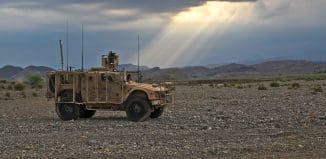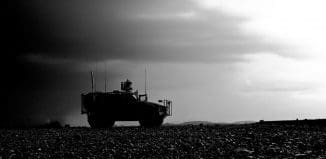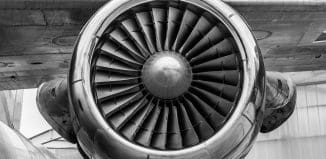Delivering Medical Samples, UAVs Save Lives
This post is also available in:  עברית (Hebrew)
עברית (Hebrew)
Michigan-based Vayu, Inc. made history when it completed the first ever series of long-range, fully autonomous drone flights with blood and stool samples this past week, setting records in the process. The samples were flown from villages in rural Madagascar to a central testing facility, over hilly terrain without any road infrastructure. The unique ability of the delivery drone to take off and land anywhere solves that problem and helps vulnerable rural communities to get the medical care they deserve.
“Vayu’s accomplishment is as significant for the field of public health in developing countries, where limited access hinders healthcare as it is for the future of autonomous unmanned vehicles,” said the company’s CEO, Daniel Pepper.
Tapeworm diseases, which cause life-threatening seizures and contribute to malnutrition, are a top priority for healthcare providers in Madagascar. Diagnosis is a challenge as samples are temperature-sensitive, and refrigeration in remote areas is not always possible. Vayu’s drone can carry 2kg of medical supplies 60km; future versions are under development to reach 100km.
According to suasnews.com, Vayu develops fully autonomous delivery drones with the aim of revolutionizing the transport of critical medical supplies in developing countries. Vayu’s work in Madagascar is done with support of local government partners and backing from the United States Agency for International Development (USAID) and in partnership with the Stony Brook University Global Health Institute.
Lack of road infrastructure has a direct impact on health outcomes, especially when disasters strike. Vayu’s technology gives governments and healthcare providers an alternative way to deliver essential commodities such as lab samples, vaccines, and medicine around the world. Vayu has projects planned for Papua New Guinea, Malawi, the Philippines and Nepal — all involving the transportation of critical healthcare goods.
“The flights to and from villages in the Ifanadiana district [of Madagascar] ushers in a new era in bringing healthcare to people living in really remote settings.” said Dr. Peter Small, the Founding Director of Stony Brook’s Global Health Institute. “In this context drones will find innumerable uses such as accelerating the diagnosis of tuberculosis and ensuring the delivery of vaccines.”






























